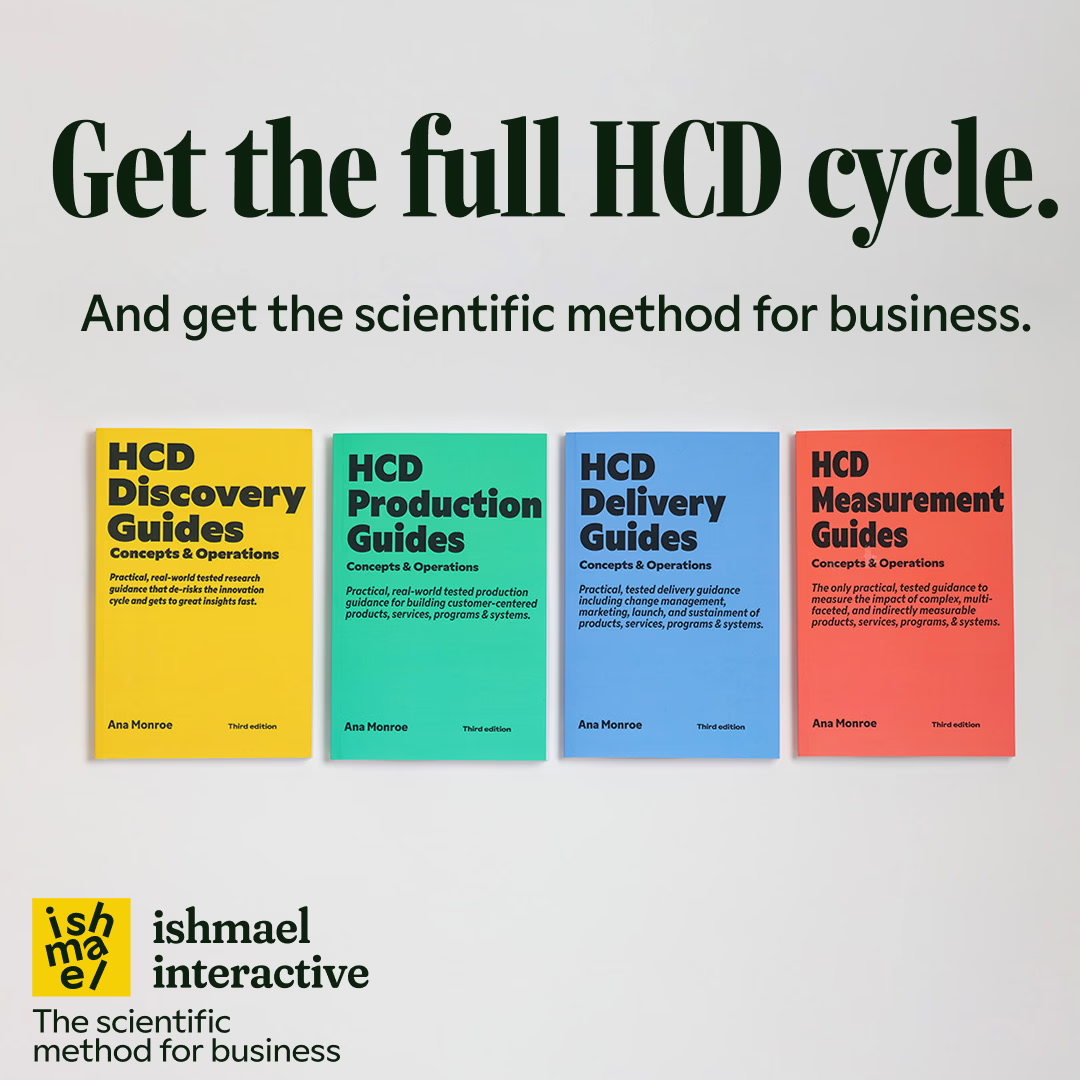Timeline
Block out days or weeks in general, then go back and add details as schedules start to come together. The Logistics Coordinator should own this calendar while the project is in-flight. Team members should change their schedule before asking the participant to change theirs.
Deadlines can shift. If there are interesting research opportunities to be had, communicate them to your leadership and ask for a project extension. Living and dying by arbitrary deadlines will not deliver the best possible final product.
Build in time to complete everything you’ve planned, but don’t let the time limit you. A high-level timeline is necessary to drive recruitment and keep leadership informed. Outline the weeks you want to spend recruiting, the weeks you want to spend traveling to and performing interviews and observations, and the weeks you’ll spend in synthesis. Budget in time to develop reports or decks and present to leadership to keep them informed on your project. Keep your timeline as tight as possible.
You will likely use a digital calendar to track your schedule, but it’s a good starting point to jot a messy, loose one down by hand. A white board calendar posted in the office is a great place to start. Changes can be made quickly, but teammates won’t be overwhelmed by constant digital updates before those updates are really necessary.
